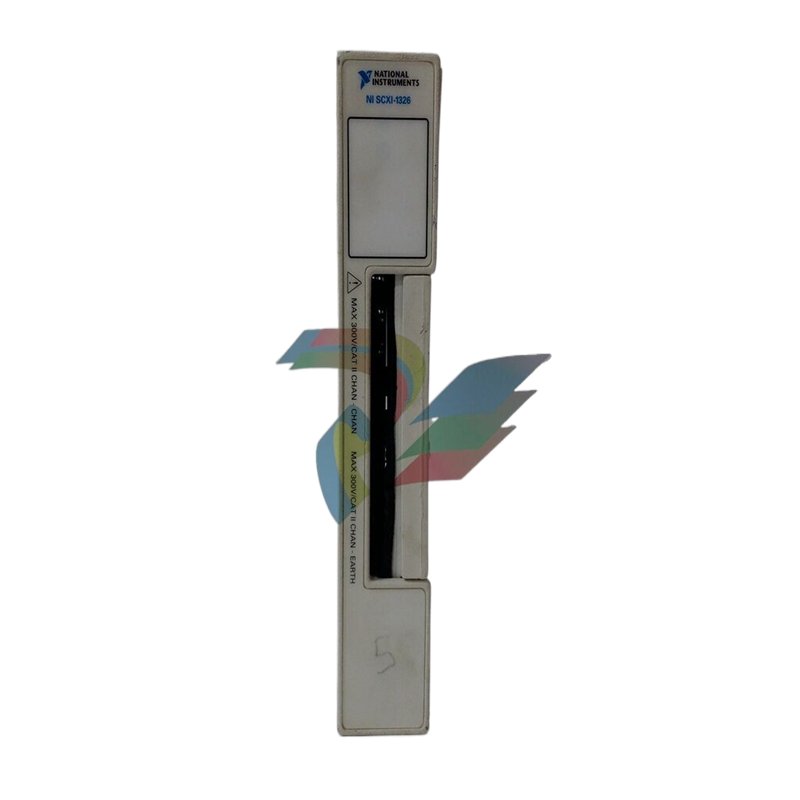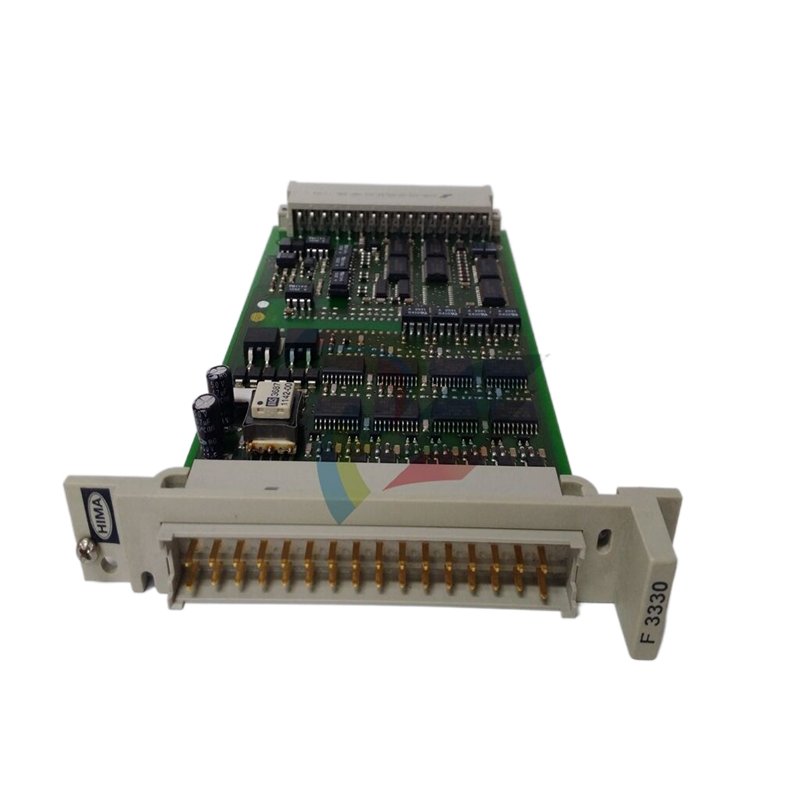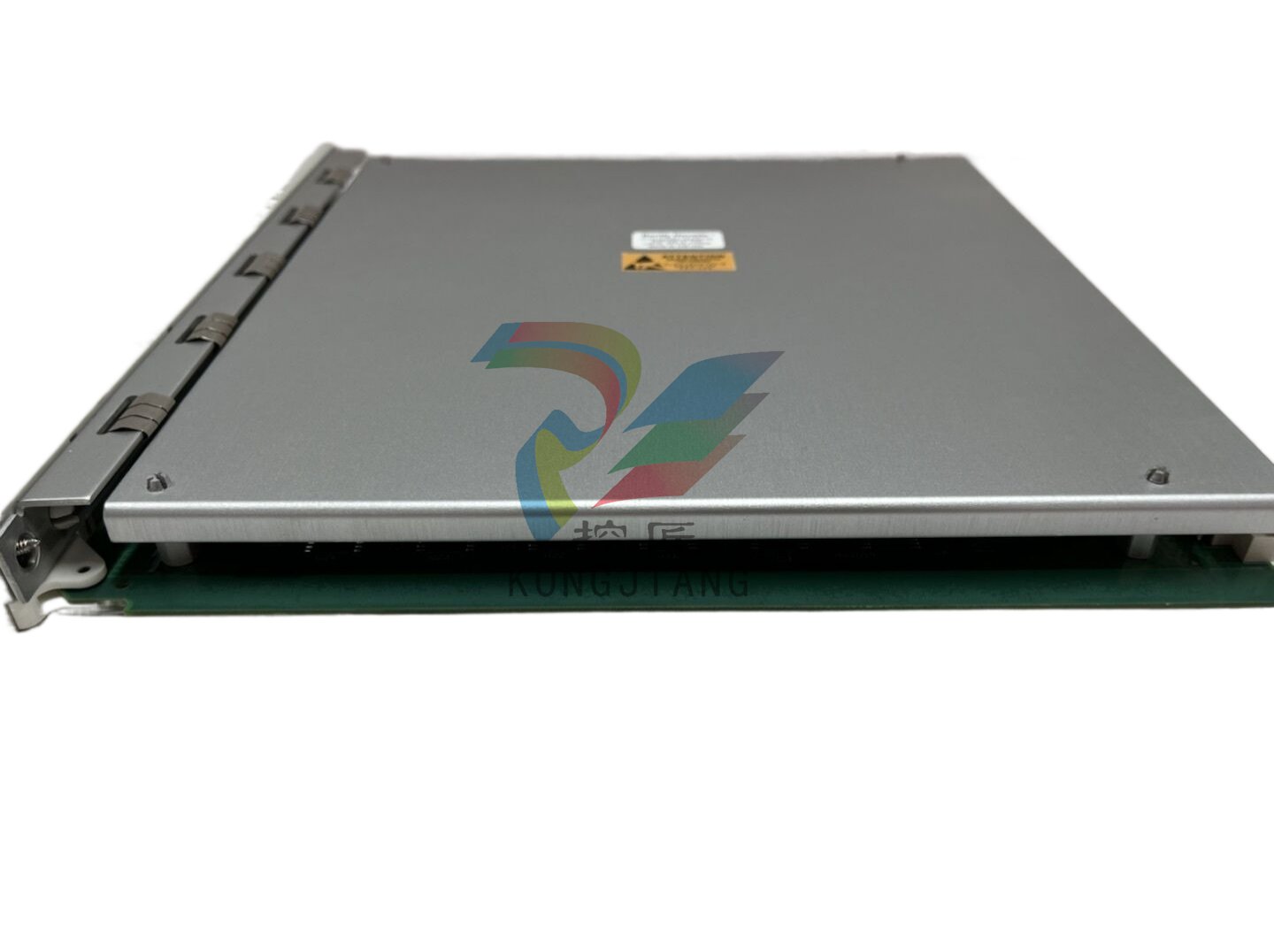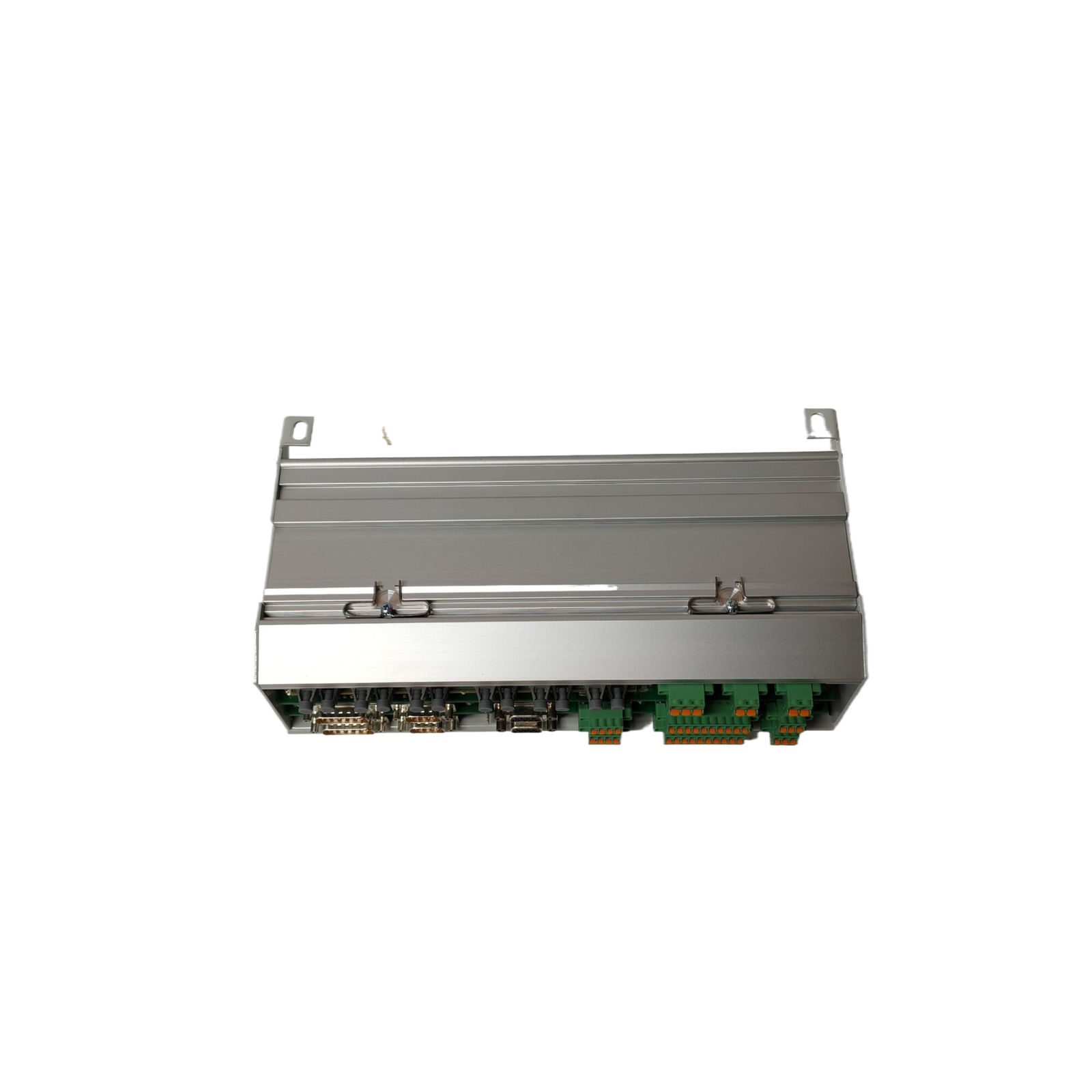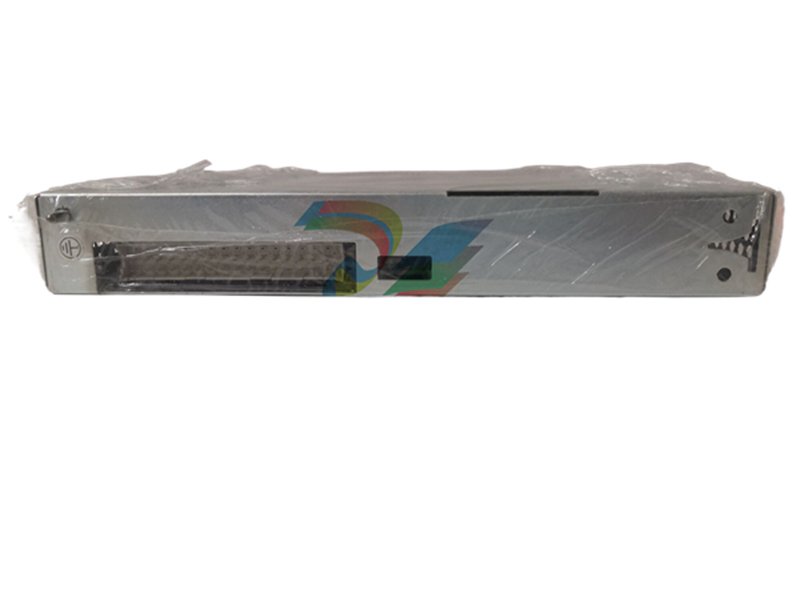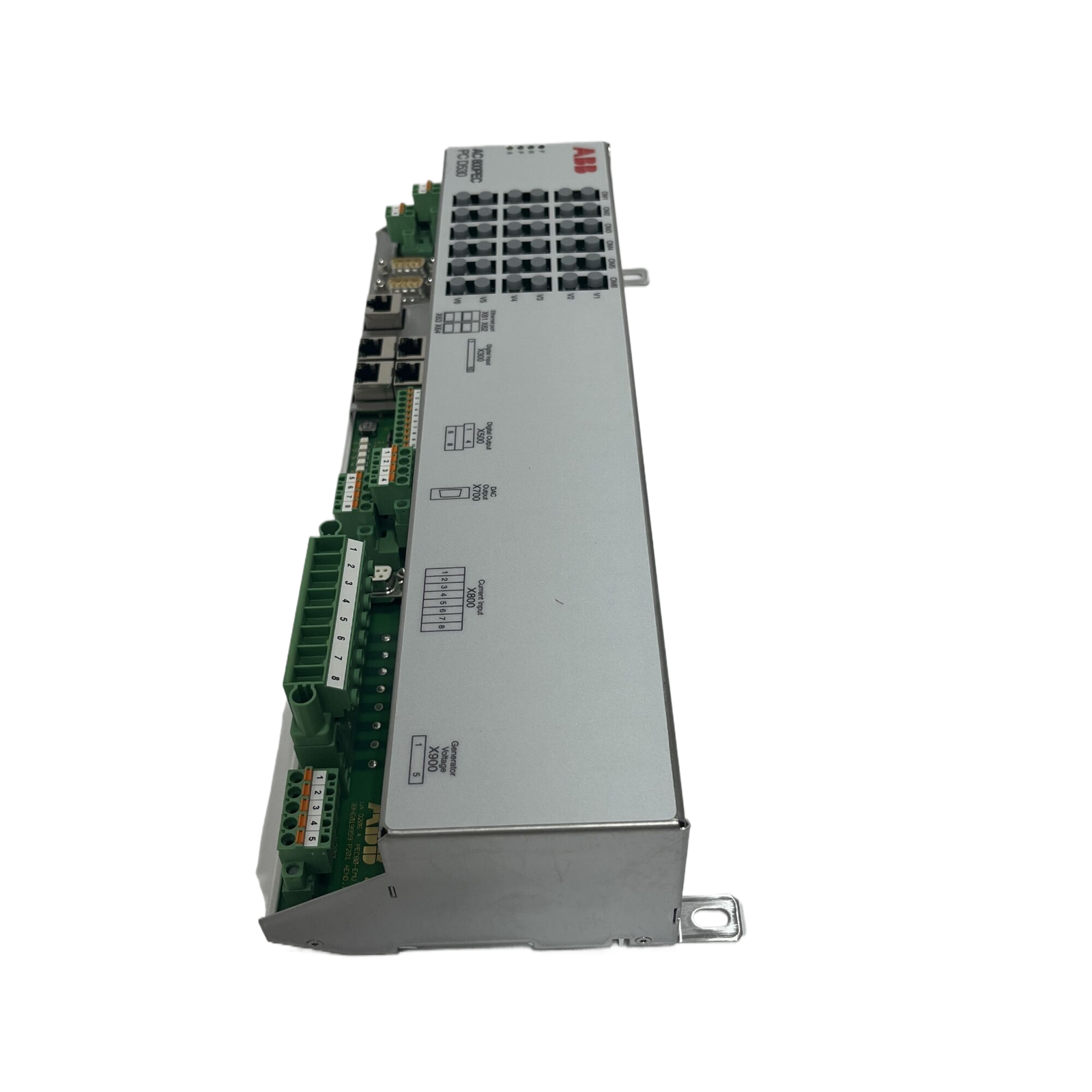AXIS M4318-PLVE

AXIS M4318-PLVE: Revolutionizing Automotive Technology
Introduction
The AXIS M4318-PLVE represents a breakthrough in automotive parts design, setting new standards for vehicle engineering solutions. As modern cars become increasingly complex, this innovative component delivers unparalleled performance while maintaining strict industry compliance. Furthermore, its smart vehicle applications demonstrate how automotive technology continues evolving to meet tomorrow’s challenges today.
Engineers specifically developed the M4318-PLVE to address three critical needs: automotive efficiency optimization, component longevity, and system integration simplicity. Consequently, this product has quickly become the preferred choice for manufacturers seeking reliable car component design solutions. Its advanced architecture seamlessly bridges traditional mechanical systems with next-generation digital controls.
Technical Specifications
Core Parameters
- Operating Voltage: 12-24V DC (Automotive Standard)
- Temperature Range: -40°C to +125°C (Military-Grade Tolerance)
- Power Consumption: 18W (Optimized for Automotive Efficiency)
- Data Transfer Rate: 1Gbps (Supports Smart Vehicle Applications)
- Compliance: ISO 16750-2, SAE J1455 (Vehicle Engineering Solutions Standard)
Advanced Features
The AXIS M4318-PLVE incorporates several groundbreaking technologies that redefine automotive parts performance. First, its patented thermal management system ensures stable operation even under extreme conditions. Second, the modular design allows for flexible integration with various vehicle architectures. Finally, the built-in diagnostic interface provides real-time monitoring capabilities essential for modern automotive technology implementations.
Moreover, the component’s lightweight aluminum alloy housing demonstrates AXIS’s commitment to car component design excellence. This material choice reduces overall vehicle weight while maintaining structural integrity. Additionally, the corrosion-resistant coating guarantees long-term reliability in all weather conditions, making it ideal for global automotive applications.
Performance Metrics
| Parameter | Value | Industry Benchmark |
|---|---|---|
| Response Time | 2.8ms | 5.0ms |
| Vibration Resistance | 15G | 10G |
| Mean Time Between Failures | 50,000 hours | 30,000 hours |
Industry Impact
The automotive industry rapidly adopts the AXIS M4318-PLVE for its unparalleled combination of performance and reliability. Automotive efficiency optimization becomes achievable through its intelligent power management system, which automatically adjusts energy consumption based on operational demands. Simultaneously, the component’s robust design ensures compatibility with both conventional and electric vehicle platforms.
Looking ahead, AXIS continues innovating in automotive technology to address emerging challenges. The M4318-PLVE platform serves as the foundation for future developments in autonomous systems and connected vehicle applications. As vehicle engineering solutions evolve, this component remains at the forefront, delivering the performance and flexibility that modern automotive systems demand.
